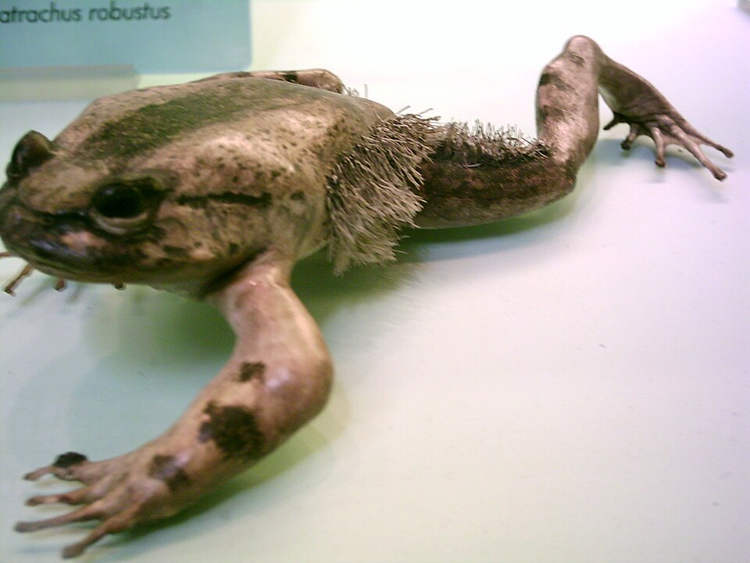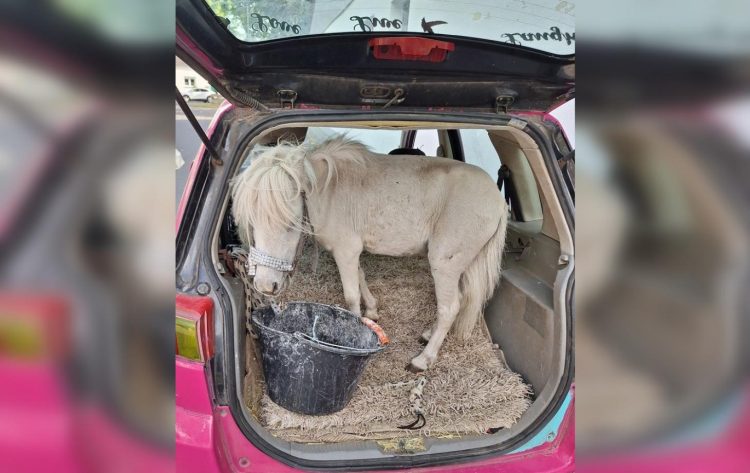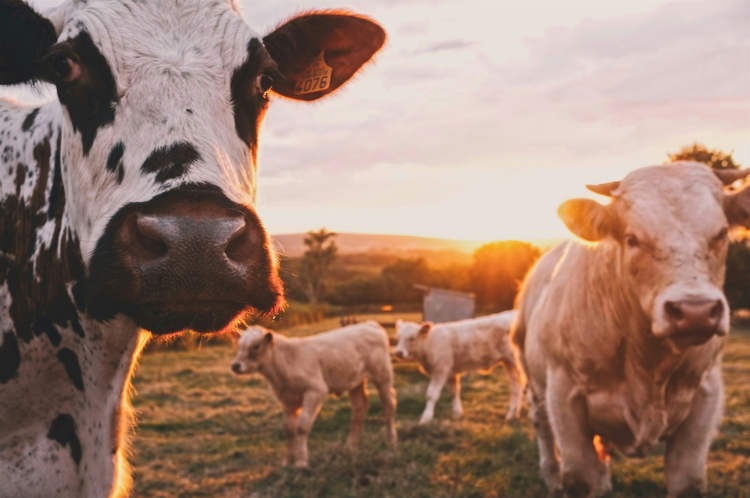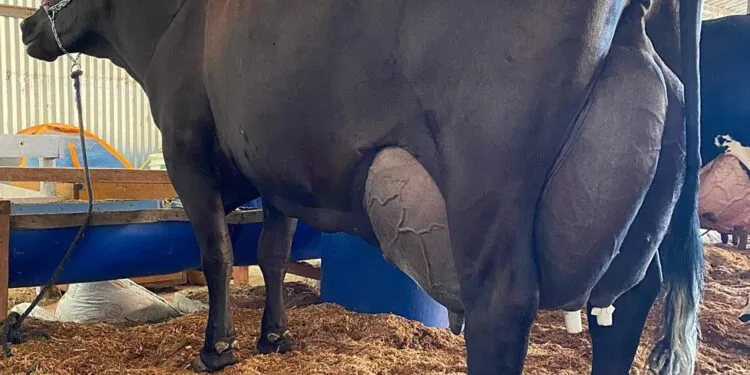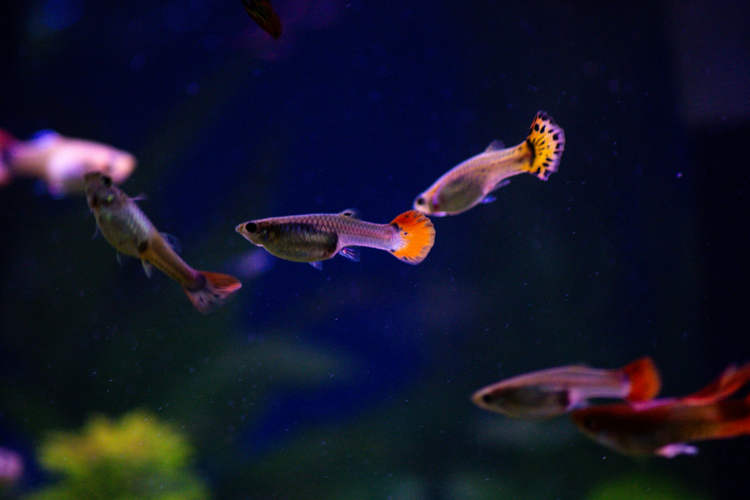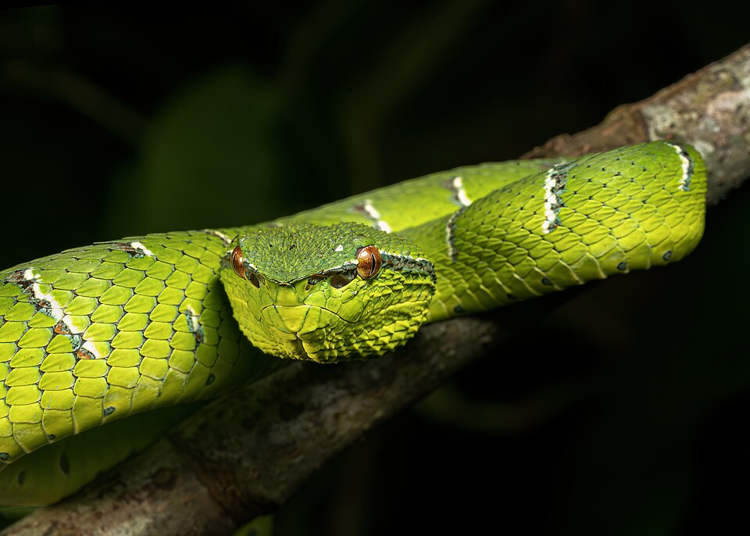The internet is going crazy over photographs of Tanu, an adorable dog that belongs to a canine species called tanuki, also known as ‘Japanese raccoon dog’. Most Westerners mistake the tanuki for a raccoon or badger, but it is in fact a canine breed.
Tanu became an internet celebrity after his owner, Twitter user @chibi_tori, started posting photographs of him. The pictures, which mostly show Tanu eating or sleeping next to a warm stove, were thousands of times over before Buzzfeed picked up the story. Chibi_tori told the popular entertainment website that he found the dog abandoned in June last year and has been raising it as a pet ever since.

Raccoon dogs are found mostly in East Asia and Western and Northern Europe. Although they aren’t related to raccoons, they have similar markings and curved claws that allow them to climb. Tanukis are supposed to be wild dogs and wildlife experts don’t recommend adopting them because they are prone to mange.

Adult tanukis weigh between eight and 13 pounds and reach 19 to 26 inches in length. They are the only canids that go into near hibernation in winters, but they will wake up to look for food if the weather isn’t too cold. In the wild, their diet consists of lizards, frogs, rodents, birds, seeds, and fruit, but domesticated dogs like Tanu will eat whatever is available.

In Japan, tanuki is considered a special breed – the dogs are considered a symbol of prosperity and fortune, and are believed to have magical shape-shifting powers in spiritual tradition. But their status dipped significantly in the late 1970s, after the release of a cartoon show called Rascal the Raccoon. Japan began importing about 1,500 raccoons a year to satisfy the growing craze of raising them as pets.

When the raccoons grew older, however, several families realised that the creatures became unsatisfied with domestic life and displayed aggressive tendencies. So the raccoons were released into the wild, where the absence of natural predators helped them reproduce at a rapid pace. By 2004, raccoons were all over the country, accounting for nearly $300,000 in agricultural damage per year on the island of Hokkaido alone. They’ve vandalized temples, harassed humans, and damaged local ecosystems. But worst of all, they encroached on the habitat of the tanuki, severely limiting the resources the Japanese dogs needed for survival.

It’s ironic that the tanuki have been suffering at the hand of the animal they resemble most. It’s not clear if Tanu needed to be rescued because of raccoons, but he certainly seems to enjoy both his pet status and that of internet superstar.

Photos: @chibi_tori/Twitter
Sources: Buzzfeed, The Atlantic




